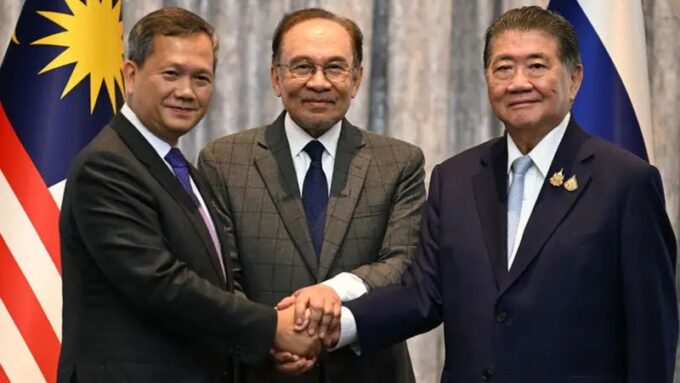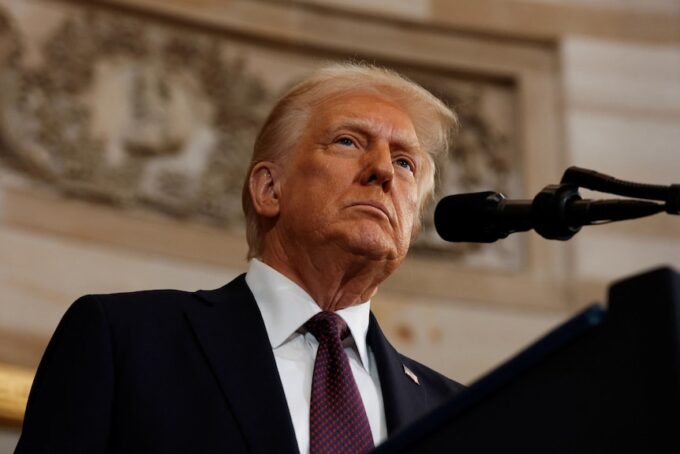News | Events | Digital PR | Advertising
Equatorial Guinea Imposes WhatsApp Restrictions Amid Government Scandal

In response to a scandal involving government officials, Equatorial Guinea has reportedly imposed restrictions on its citizens from downloading and sharing multimedia files on WhatsApp when using mobile data.
The scandal revolves around Baltasar Engonga, the Director General of the National Financial Investigation Agency, who was implicated in a sex scandal involving the wives of prominent figures in the country. During a fraud investigation, authorities unexpectedly searched Engonga’s home and office, where they allegedly found CDs containing videos of his interactions with various married women.
The videos reportedly include encounters with high-profile individuals, such as Engonga’s brother’s wife, his cousin, the President’s sister, the wife of the Director General of Police, and several ministers’ wives. The footage, said to have been recorded with consent, has since leaked online, leading to extensive media coverage.
On Tuesday, local news outlet Ahora EG reported that citizens are now facing restrictions when attempting to share images, videos, and audio files using mobile data, forcing them to rely solely on WiFi for such sharing.
In an interview, Ahora EG quoted a source expressing concern, “Should an entire country pay for the actions of a few? The decision to restrict access to essential communication functions seems disproportionate and punitive, affecting thousands of users who rely on these platforms for both entertainment and work or educational purposes.”
The source further stated, “In a world where digitalization is becoming increasingly important, should we shut down our platforms and paralyze our activities due to the actions of a few? Currently, users are forced to rely exclusively on WiFi connections, which limits their ability to communicate and interferes with their daily activities.”
This move has sparked debate, with many citizens feeling that the measure is more about control than facilitating communication.
The report added, “Is it really fair that everyone should suffer the consequences of the actions of a few? The authorities have not yet provided any explanation for the reasons behind this restriction or its duration. In a time when information and communication are more crucial than ever, the lack of transparency only exacerbates citizens’ concerns.”
In a related development, the Vice President of Equatorial Guinea, Teddy Nguema, announced plans to install surveillance cameras in all government offices, a measure aimed at strengthening adherence to public service laws and curbing misconduct among officials.
Explore more
Scientists Research Nigeria’s Okra, Maize, Four Other Crops During NASA’s Space Mission
International astronauts will research six indigenous Nigerian crops and seeds during the...
President Trump Orders Pharmaceutical Companies To Cut Drug Prices Within 60 Days
President Donald Trump on Thursday said he asked major pharmaceutical companies to...
Microsoft To Become The Next $4 Trillion Company
Microsoft (MSFT.O), opens new tab soared past $4 trillion in market valuation...
Importers Slash Petrol Prices Below Dangote Rates Amid Rising Market Competition
Competition has hit Nigeria’s petroleum sector as fuel importers slash petrol prices...












Leave a comment